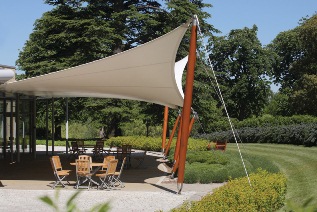Sharing ideas for innovation
Background:
Welcome to Scout Exchange, the information page specifically created for NHS Innovation Scouts. On these pages you'll find information which is relevant to you as an Innovation Scout, including such things as:
- Latest News (updated monthly, see news below)
- Innovation Scouts toolkit
- Contact details of all Innovation Scouts
- Recommend a colleague for the Innovation Scouts scheme
- Intellectual Property facts
- Intellectual Property in the news
- Useful links
Please be aware Innovation Scouts have sole access to this area of the Health Enterprise East website.
| Latest News June - 2012 Launch of HEE Innovation Competition 2012
Any assistance you can provide to help Chris in his awareness raising will be greatly appreciated. Chris can be contacted on tel. 01480 364925 or e-mail This e-mail address is being protected from spambots. You need JavaScript enabled to view it . He would love to hear from you! Closing date for entries is 10th August 2012 Shortlisted entrants will be informed week commencing 10th September. ‘Scout in the Spotlight’
1. How long have you been an Innovation Scout?
4. Have you faced any particular challenges in your Scout role, and if so what were / are they and how have you tackled them?
5. Have you been involved in the further development of any particular innovations?
6. What do you enjoy most about your participation in the Innovation Scout scheme?
|
